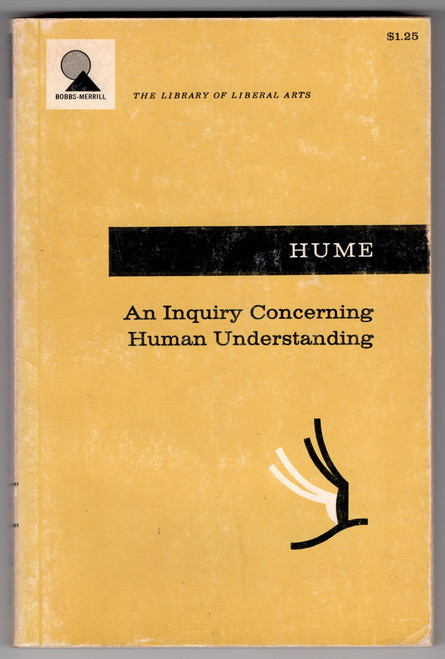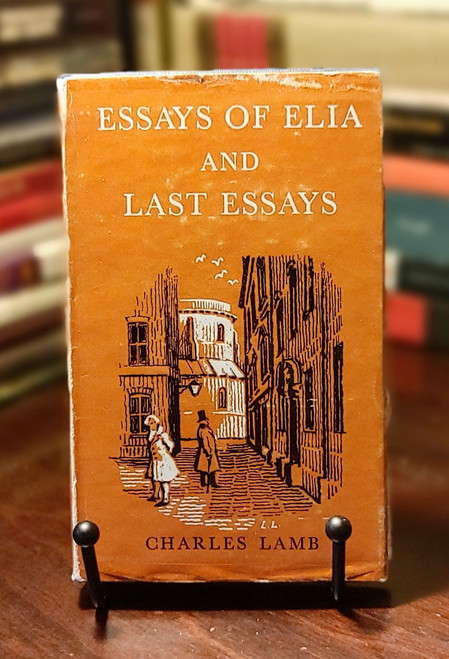The steady growth of interest in Locke marks a recognition of the pivotal role his Essay plays in modern philosophy. Locke's statements and analyses of problems in the philosophy of science, theory of knowledge, ethics, philosophy of action and the person, issues of realism and representationalism have proved to be a fertile and useful source for students of philosophy.
As early as 1694 Locke had himself agreed that an abridgement of his work might well be desirable, and Professor Yolton here sets out to present the student with the essence of the Essay. The text is that of the fifth (1706) edition, the last one corrected by Locke in his lifetime. Spelling and punctuation have been modernized, but the author's italics are retained. Professor Yolton has also provided an extensive introduction in which the major issues of the Essay are shown to be anticipated in Book 1 of that work. The index to the fifth edition has been enlarged, and the bibliography fully updated.
This is an abridgement selected and edited with an introduction by John W. Yolton
Cover Illustration: The Philosophers by Rubens (Galleria Palatina Florence/Scala)About the Author
John Locke (1632-1704) was a British political philosopher who is often cited as the father of political liberalism, as well as the first of the British Empiricists. His ideas had enormous influence on the development of epistemology and political philosophy, and he is widely regarded as one of the most influential Enlightenment thinkers and contributors to liberal theory. His writings influenced Voltaire and Rousseau, many Scottish Enlightenment thinkers, as well as the American revolutionaries. This influence is reflected in the American Declaration of Independence.
John W. Yolton (1921-2005) was the John Locke Professor of the History of Philosophy at Rutgers University, New Brunswick and author of several books on Locke. He was one of the most distinguished historians of philosophy of his generation. Early in his studies he had found Locke's Essay Concerning Human Understanding a challenging book that raised as many puzzles as it answered and it was his engagement with that work that dominated his intellectual enquires from his MA studies until his latest book, The Two Intellectual Worlds of John Locke.








